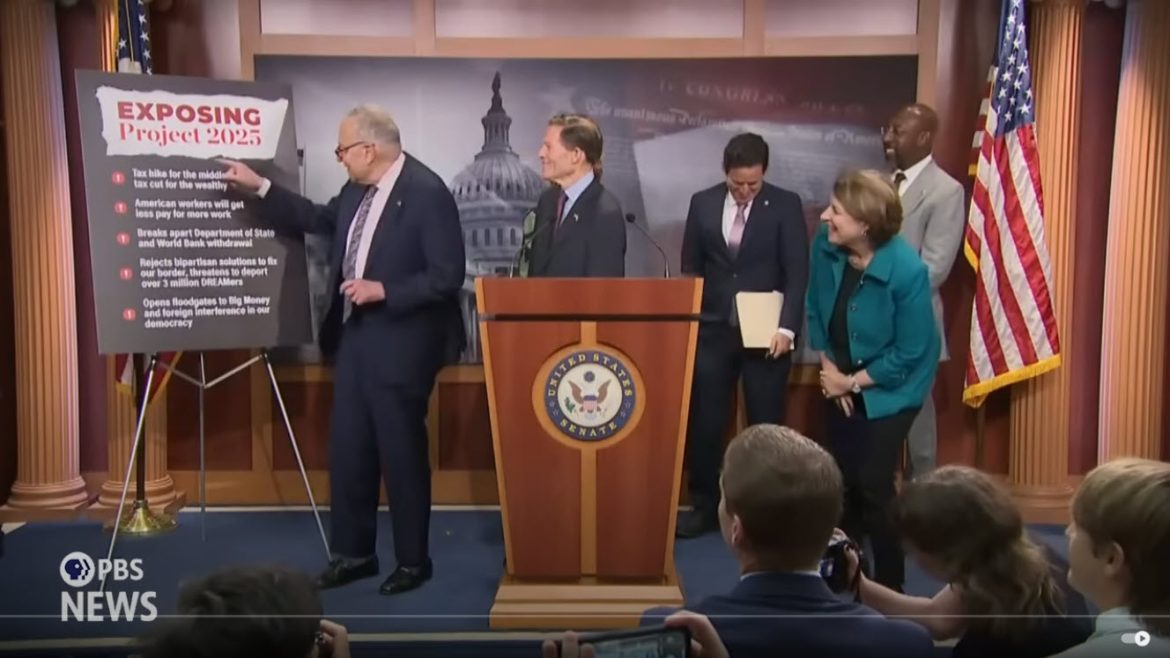Congressional Democrats are ramping up their efforts to tie former President Donald Trump to a controversial conservative roadmap known as Project 2025. The plan, produced by a conservative think tank, outlines a sweeping vision for reshaping the U.S. government if Republicans regain control of the White House. California Congressman Ted Lieu has been one of the leading voices in criticizing the playbook, arguing that its finer points are deeply unpopular with voters, according to recent polling data.
Democrats view their strategy of highlighting Project 2025 as a key component of their campaign heading into the 2024 election, positioning the roadmap as a political liability for Trump and his supporters. “The ideas in this playbook would put Americans in harm’s way,” Congressman Lieu said, pointing to policies that would, in his view, undermine the social safety net and roll back civil rights protections.
Democrats convened a hearing today to draw attention to the details of Project 2025, which they believe could galvanize opposition among moderate voters. However, not a single Republican participated in the hearing, signaling a sharp divide in how the parties are positioning themselves on the roadmap’s policies. Republican leaders have been relatively silent on the document, with some conservatives quietly backing elements of the playbook as a means to “drain the swamp” and streamline government operations.
The hearing included testimony and analysis of polling data showing that several key elements of Project 2025 — including proposals to curtail environmental regulations, roll back healthcare reforms, and reduce the size of federal agencies — are widely opposed by the public. Lieu and other Democrats hope that by focusing on these specific policies, they can contrast their vision of governance with what they view as an extreme and out-of-touch conservative agenda.
Project 2025’s policy suggestions have sparked fierce debate among political observers. Some on the right argue that the playbook offers a bold, much-needed overhaul of an overburdened federal bureaucracy, while critics contend that the proposals would severely erode protections for vulnerable communities and lead to deep cuts in essential government services.
As the 2024 election approaches, Democrats are betting that by putting the spotlight on Project 2025, they can frame the election as a choice between preserving a government that serves the people and embracing what they call a “dangerous experiment” pushed by the far right.
Whether this strategy will resonate with voters remains to be seen, but for now, Project 2025 has become a flashpoint in the broader ideological battle over the future direction of the U.S. government.



